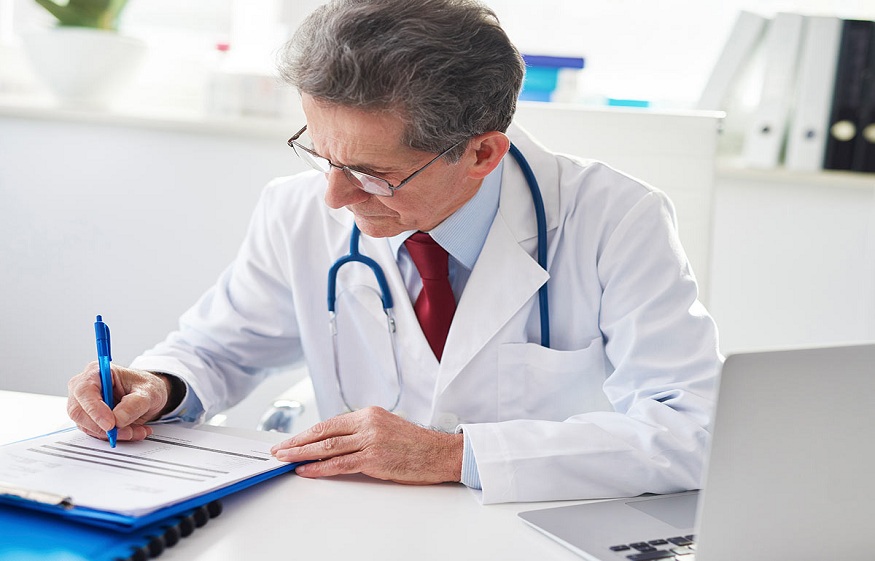Alabama Men’s Clinic Briefly Discusses Testosterone, Its Use and Importance
Hormones are chemical messengers of the body that travel from one organ or another, typically through the bloodstream, and affect a number of bodily processes. As per Alabama Men’s Clinic, testosterone is essential to male growth and the development of certain masculine characteristics. Signals sent from the brain to the pituitary gland, which lies at the base of the brain, control the production of testosterone in men. The pituitary gland subsequently relays signals to the testes in order to produce testosterone. The amount of hormone in the blood is closely regulated by a “feedback loop”. If the testosterone levels go too high, the brain sends signals to the pituitary for reducing production.
Alabama Men’s Clinic offers valuable insight into the testosterone hormone
Testosterone is a sex hormone that plays an important role in the body, particularly for men. In men, testosterone is known to regulate sex drive or libido, fat distribution, bone bass, production of red blood cells and sperm, as well as muscle mass and strength. Testosterone essentially plays diverse roles in three major stages of a male life:
- Fetal development: Internal and external reproductive organ development in males is initiated by testosterone.
- Puberty: Testosterone is responsible for causing changes like body and pubic hair growth, an increase in height, testes and prostate gland; as well as an increase in libido.
- Adulthood: Testosterone is essential for sperm production, bone and muscle strength, new red blood cells and overall sense of well-being in men
Adolescent boys who have too little testosterone production may not experience normal masculinization. For instance, their facial and body hair may be scant, genitals may not enlarge and voice may not normally deepen. A small amount of circulating testosterone in men gets converted to estradiol, which is a form of estrogen. As men age, they typically produce less testosterone, and hence they produce less estradiol as well.
With age, testosterone levels in drop very gradually in men, ideally 1% to 2% each year. The testes produce less testosterone, and with age there are fewer signals from the pituitary telling the testes to make testosterone. Moreover, as men get older, their livers make more sex hormone binding globulin (SHBG), which tends to bind to testosterone circulating in the bloodstream. All of these play a role in reducing active (free) form of testosterone in the body. A large number of men over the age of 45 have reduced levels of testosterone. Here are a few symptoms of testosterone deficiency in adult men:
- Loss of muscle mass
- Loss of body hair
- Hot flashes
- Reduced body and facial hair
- Poor concentration and irritability
- Reduced sperm count and infertility
- Low libido and small testicles
Alabama Men’s Clinic mentions that men who have testosterone deficiency have symptoms or conditions related to their low testosterone may go for treatments like hormone optimization. Hormone optimization is a form of medical treatment that focuses on restoring hormonal balance in individuals who experience hormonal imbalances or deficiencies.














Post Comment
You must be logged in to post a comment.